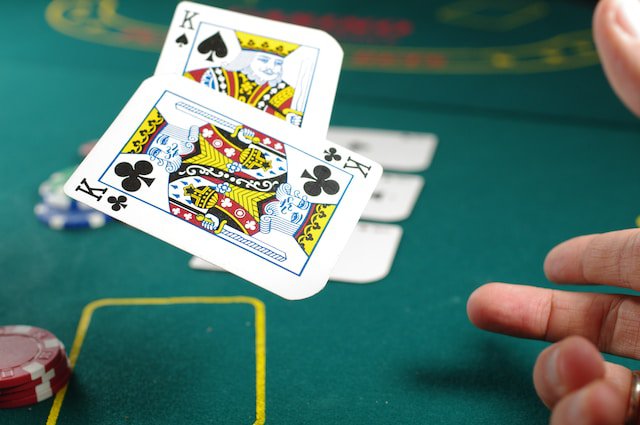California’s Bureau of Gambling Control (BGC) created a new language to increase the state’s cardrooms’ player-dealer rotations and to ban blackjack-style games last month. It requested the public to comment on the issue by last Thursday. But cardroom operators are determined to prevent the blackjack ban from being imposed.
The state’s three leading cardrooms; California Cardroom Alliance, Communities for California Cardrooms, and the California Gaming Association wrote two letters addressing the two likely legislations. They claim that the gaming proposals don’t align with the more than a hundred game approvals that the U.S. Department of Justice (DOJ) has issued since the Gambling Control Act started being implemented in 1997.
The operators stated that BGC doesn’t have any reasons for changing the gambling regulation. They termed its proposal as lacking the authority, consistency, clarity, and necessity it requires to be adopted in the Administrative Procedure Act. Cardrooms stated in their letter that the DOJ has to give valid reasons backing its proposed regulation changes before it deliberates its blackjack proposal.
Local Native Indian tribes have sought the Attorney General’s intervention on the issue. They believe that cardroom games have been illegal since 2012 and they wrote letters backing the proposed gaming ban.
Cardrooms’ Stand on the Blackjack Ban
The BGC’s concept language on the blackjack ban is based on the Penal Code Section 330 of California regulation which bans the “twenty-one” game. Nevertheless, cardroom operators say that “twenty-one” was banned in 1885 and it is different from blackjack.
Their letter adds that Section 330 isn’t applicable to games that have distinct rules even if they are variations of a banned game.
Cardrooms offered numerous attachments with old “twenty-one” rules and their differences with blackjack like dealer cards being hidden from players and players placing their first wagers after receiving a card. Their letter stated that the operators’ blackjack-style games are different from tribal casinos’ traditional blackjack since some of them are patented.
The operators said that modern blackjack variations have different rules that are incompatible with the game of twenty-one. Therefore, Penal Code Section 330 doesn’t prohibit them and DOJ cannot ban them now.
Cardrooms inquired about the DOJ’s mandate to define games that Section 330 lists or to ban a previously authorized game. Their letter explains that such a revocation needs a formal accusation proving that a game contravenes local, state, or federal regulation.
Player-Dealer Rotation
Section 330 bars cardrooms from providing banked games. Yet, blackjack was initially a banked game. But players often compete with the dealer, who represents the house in Las Vegas casinos.
Statistics show that cardroom operators partner with third-party proposition players (TPPPS) which serve as the bank after taking the player-dealer position. They allow regular gamers to hold the position after two hands.
Even so, the players decline the offer due to its high risk. TPPPS bank the game and pay the house for that opportunity.




